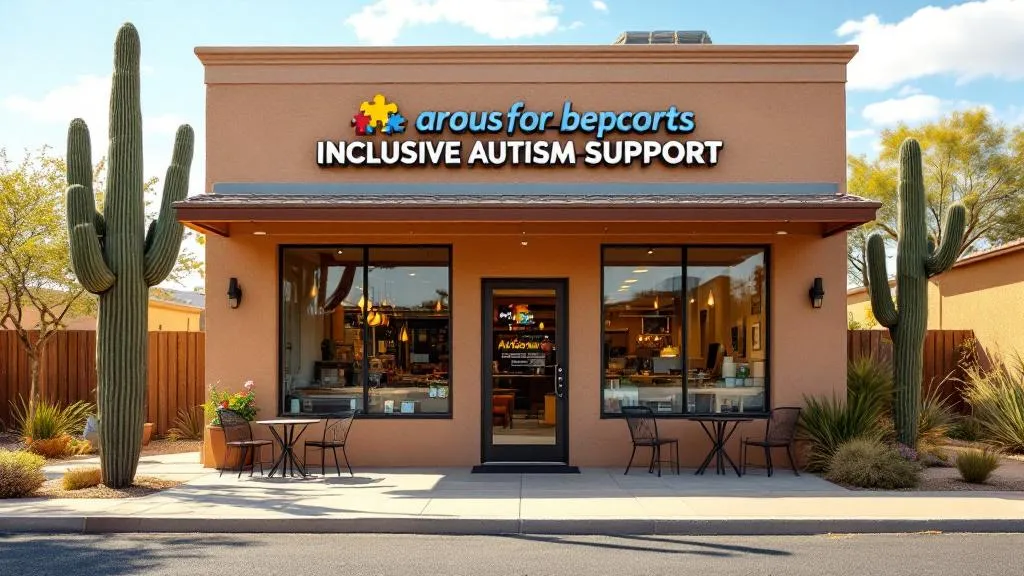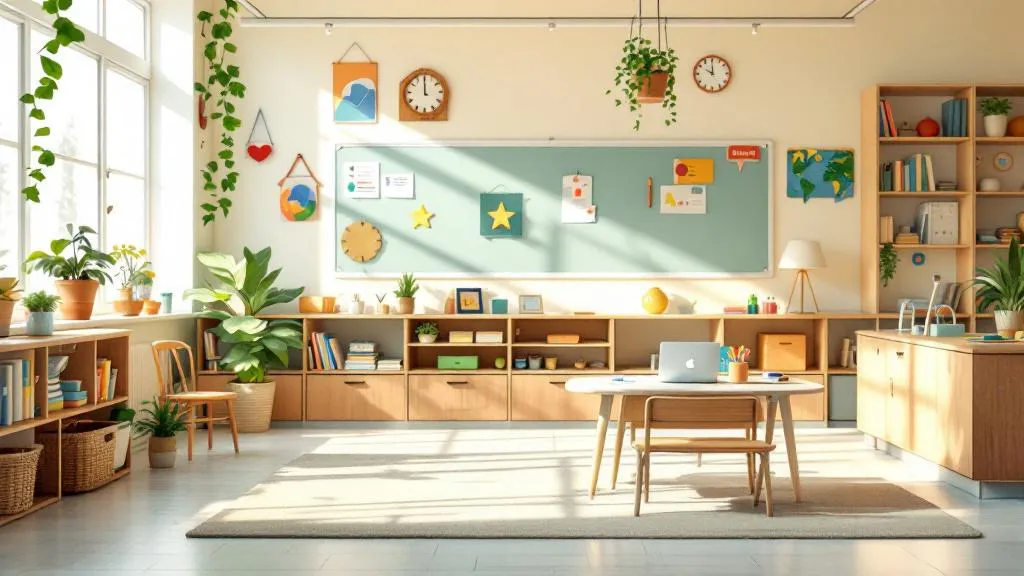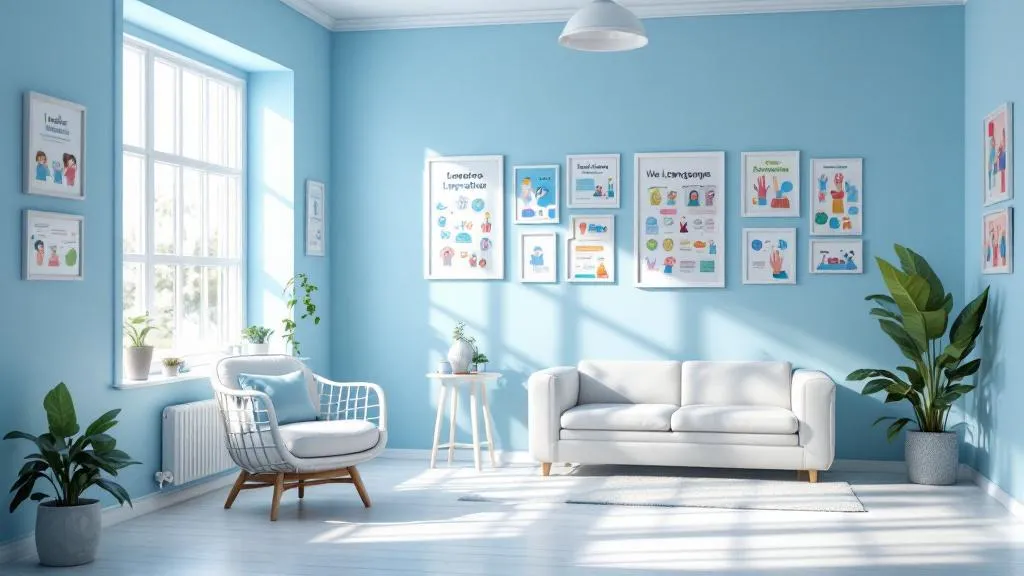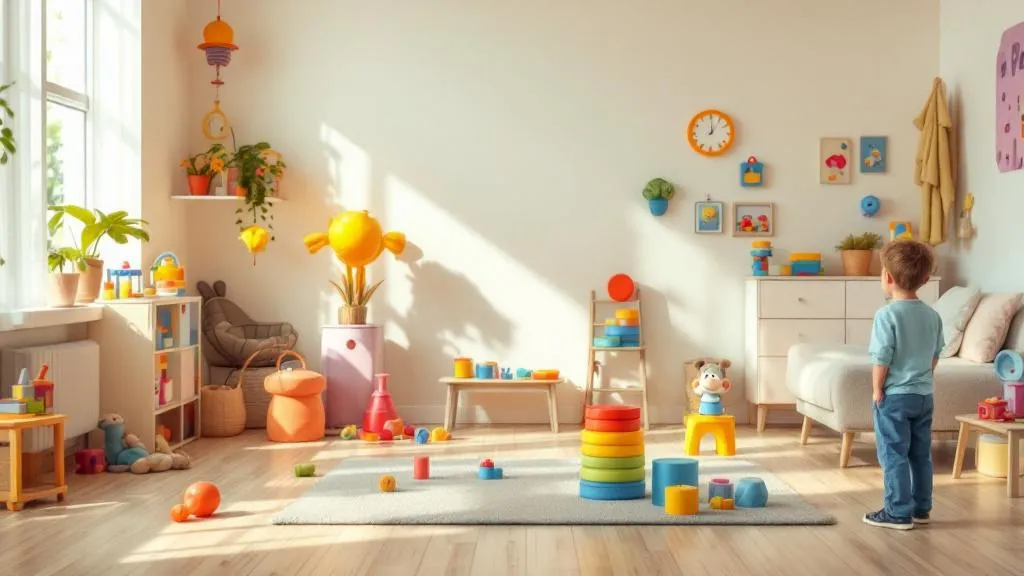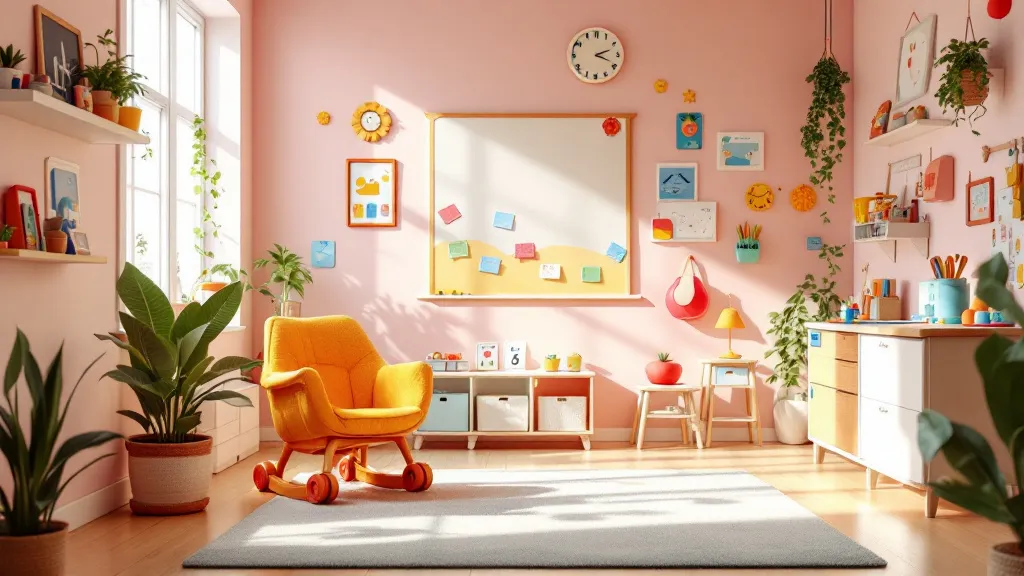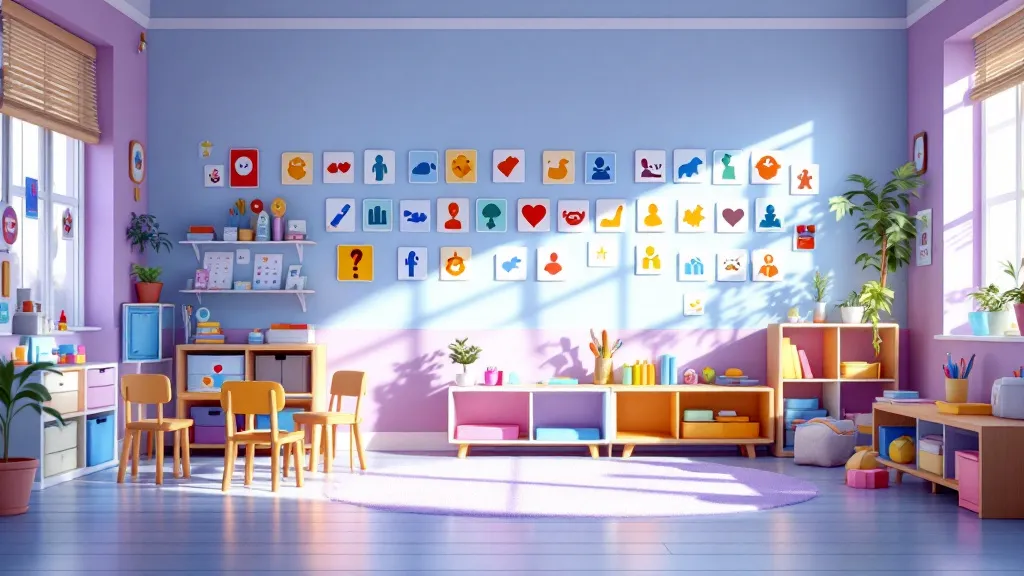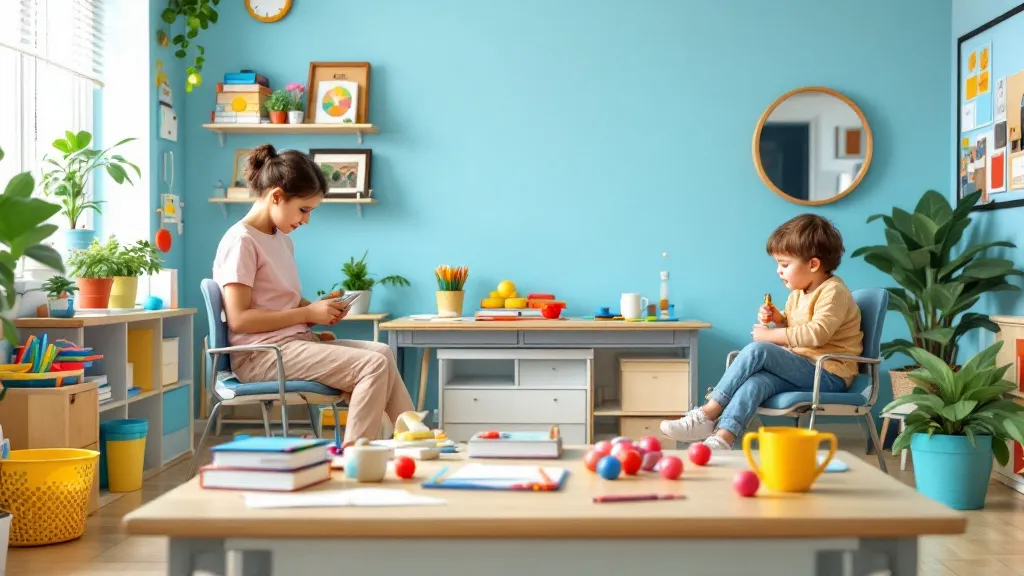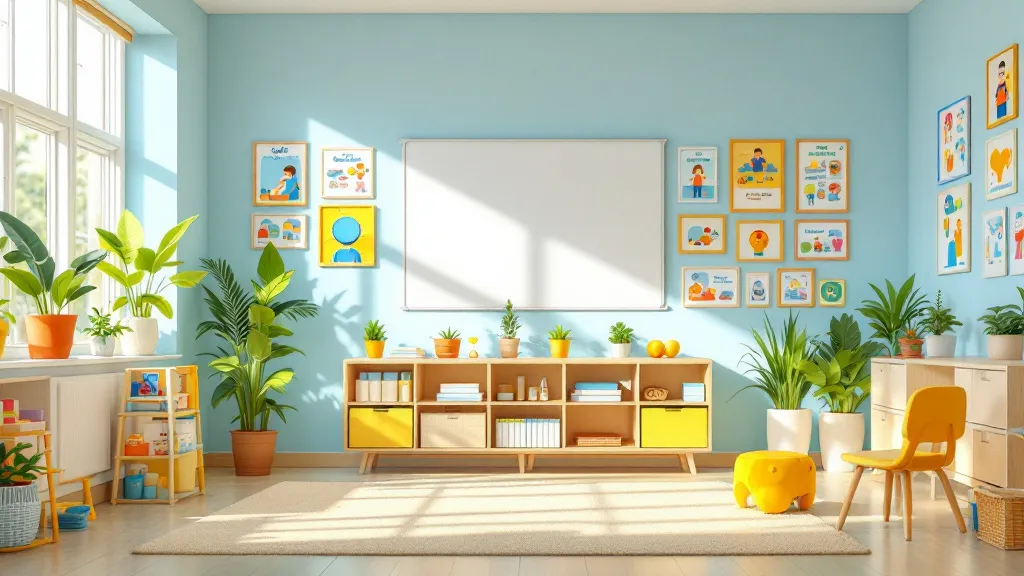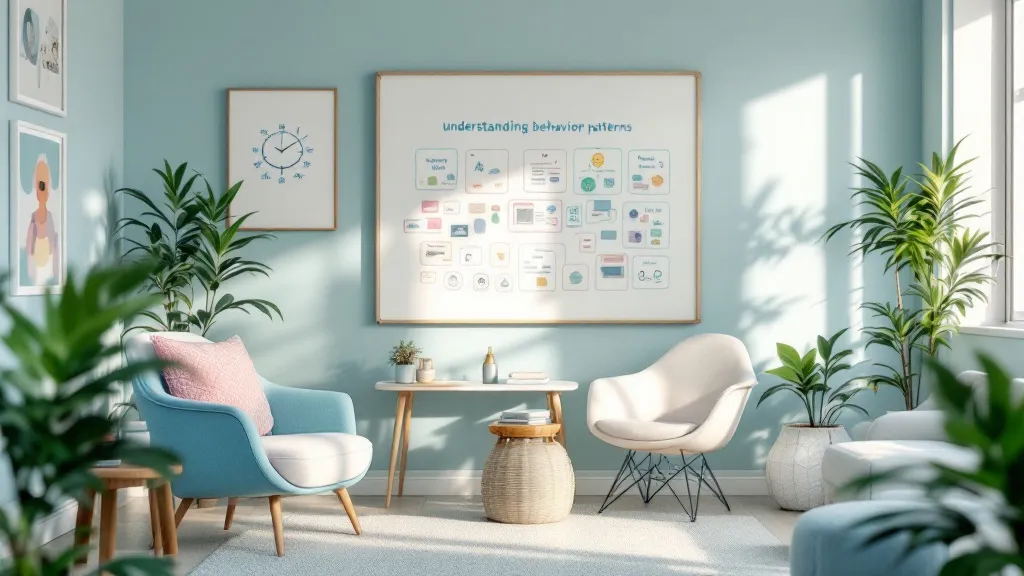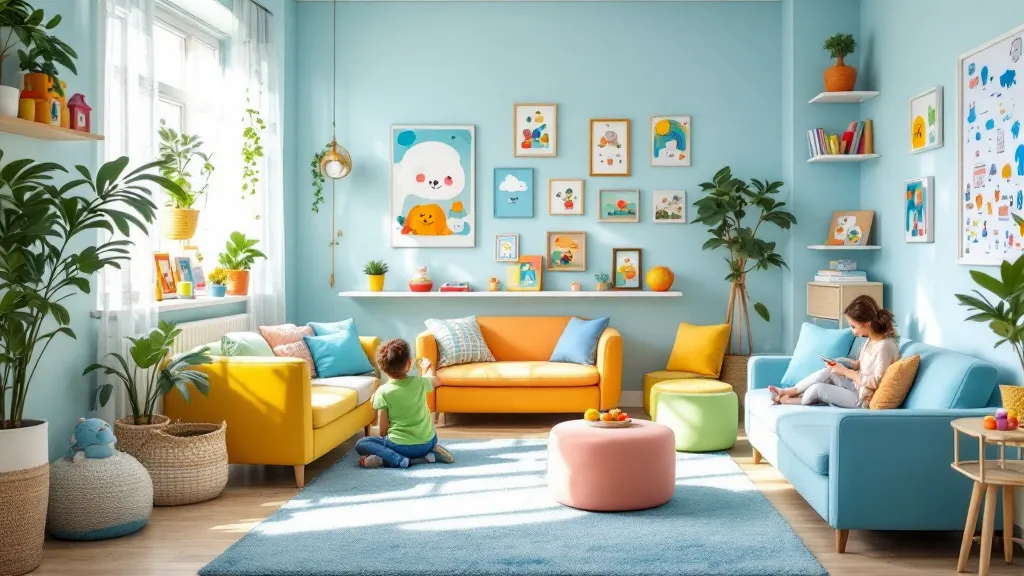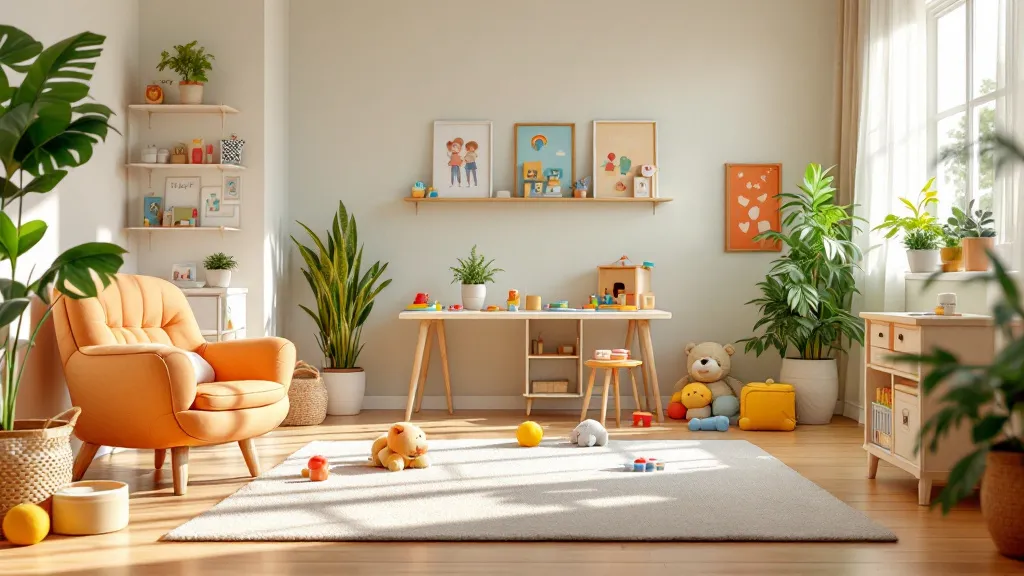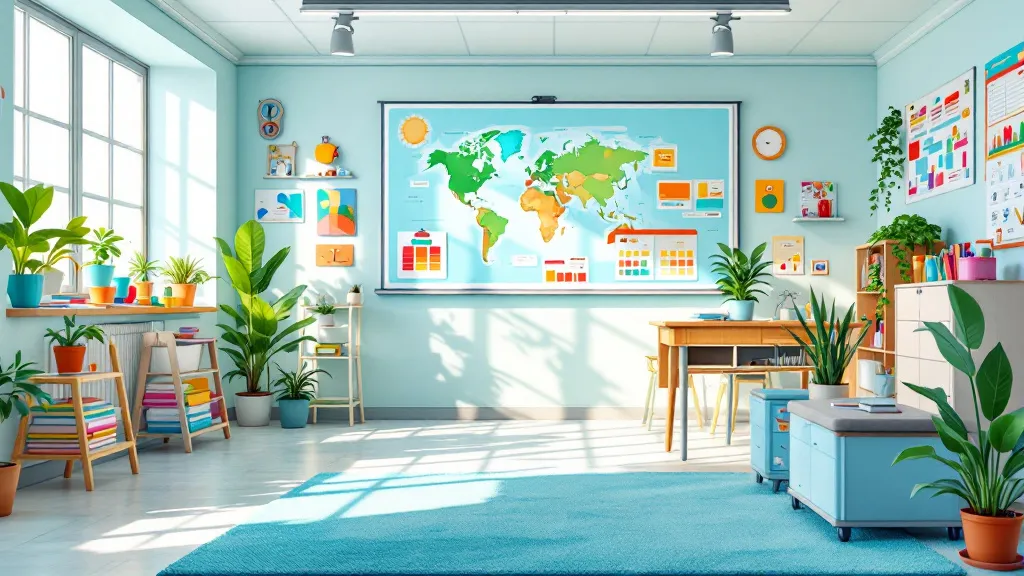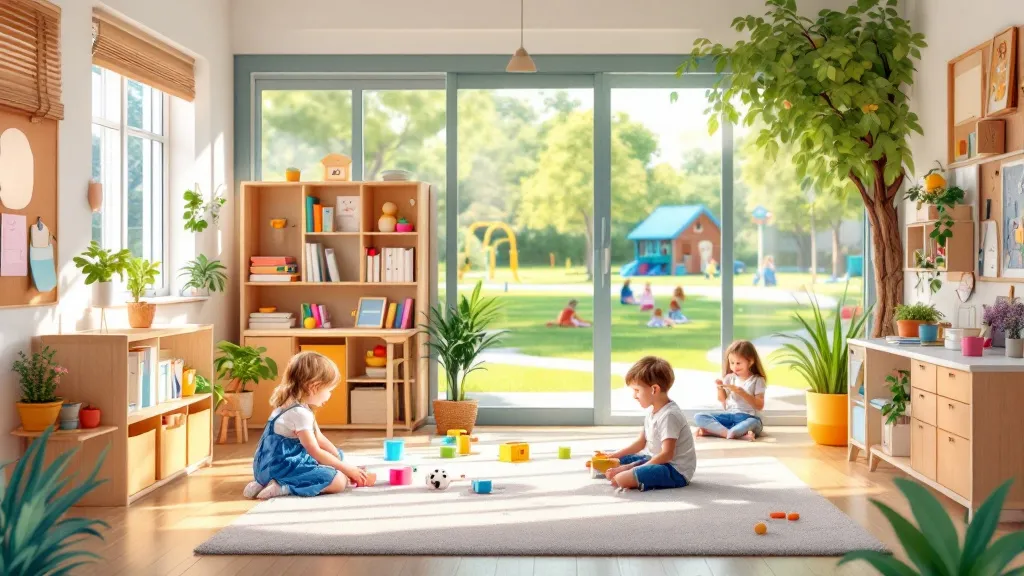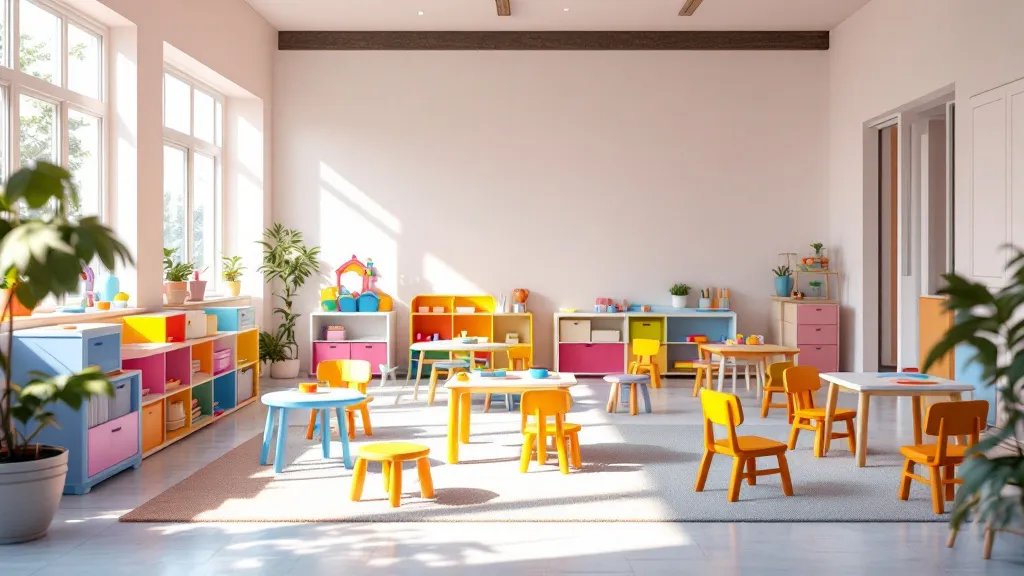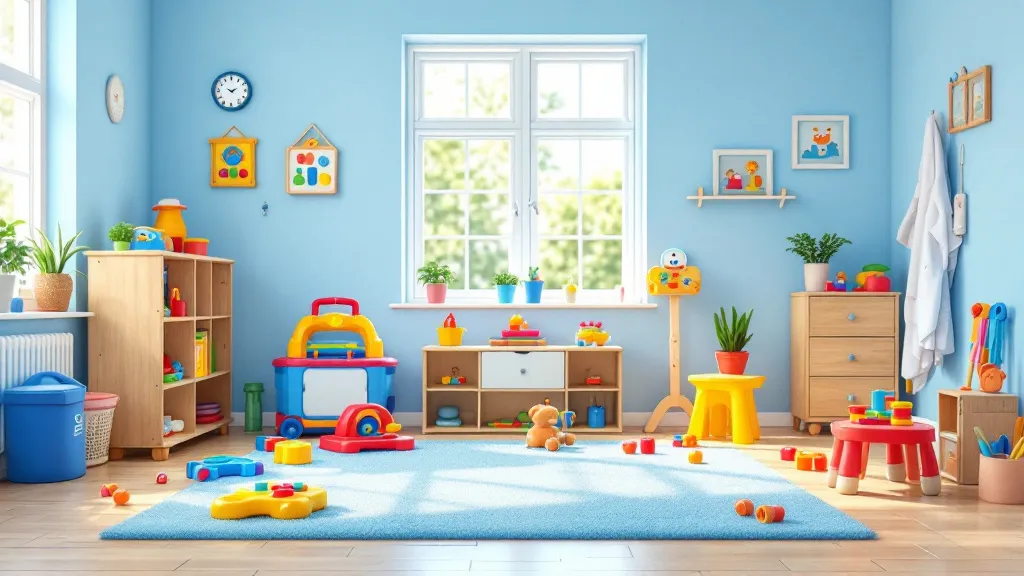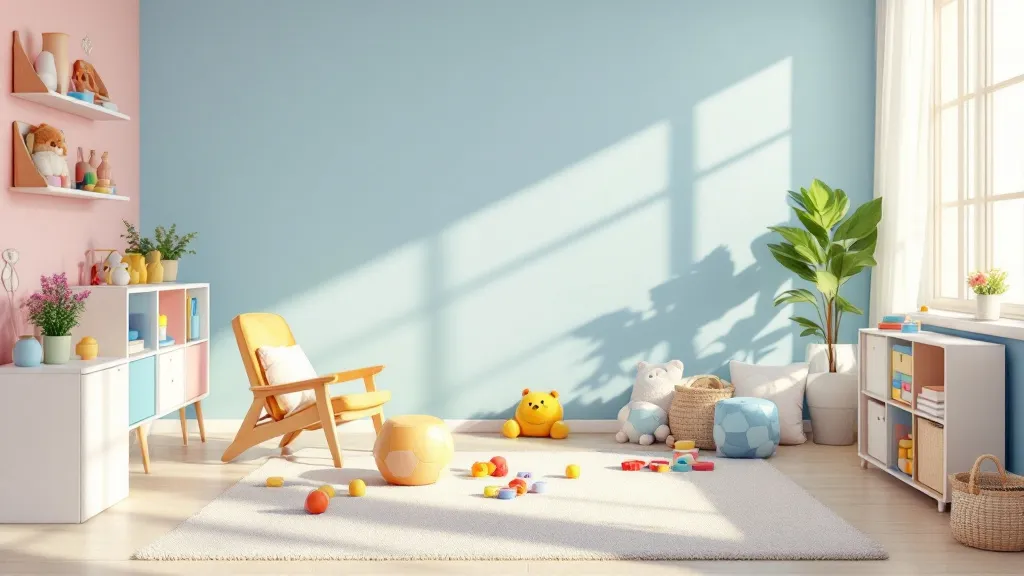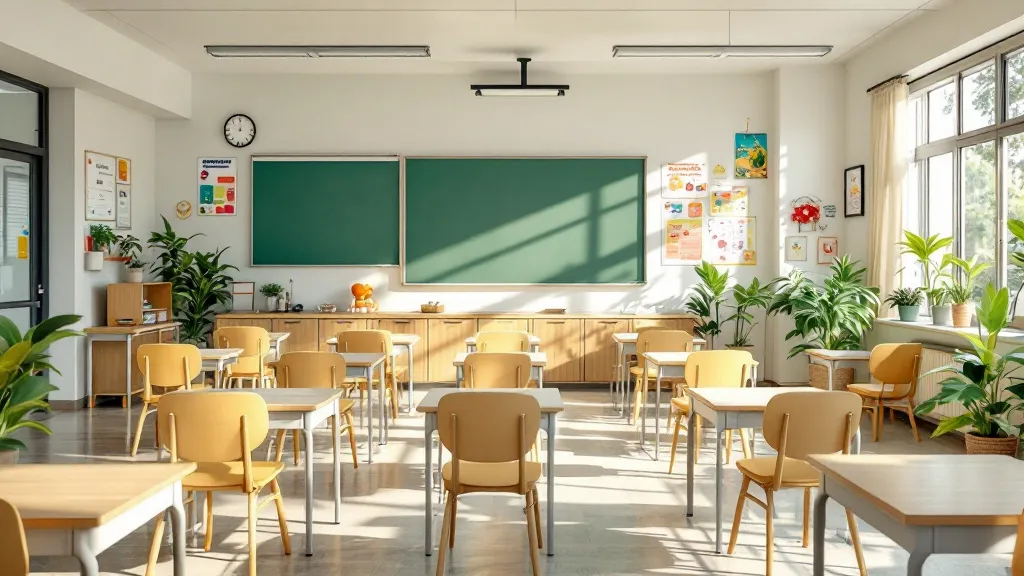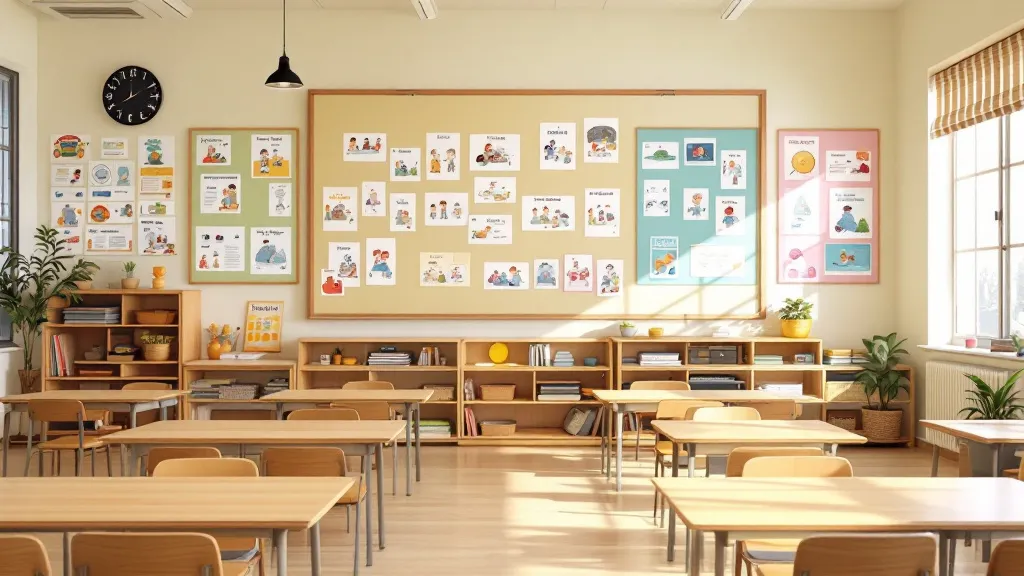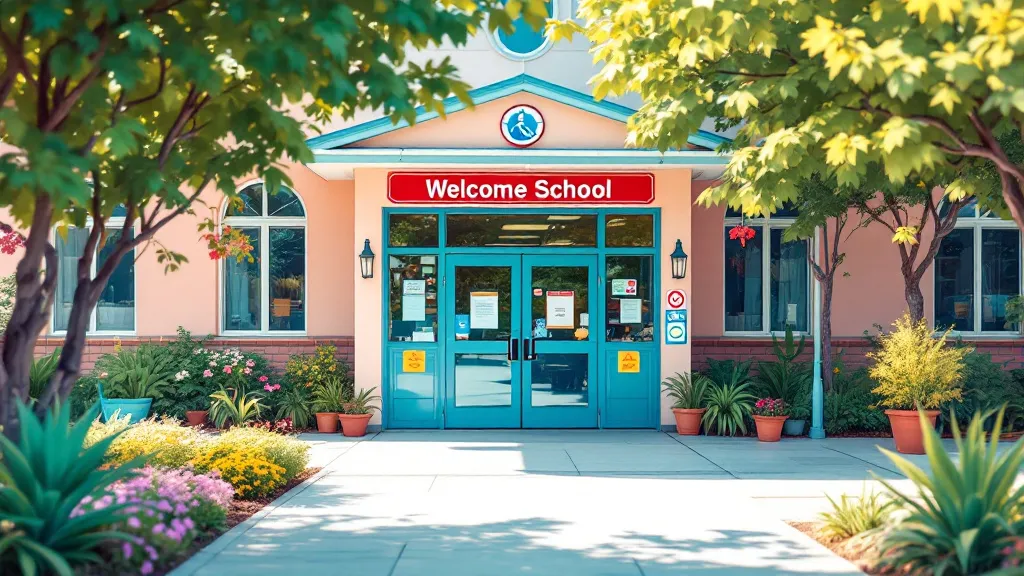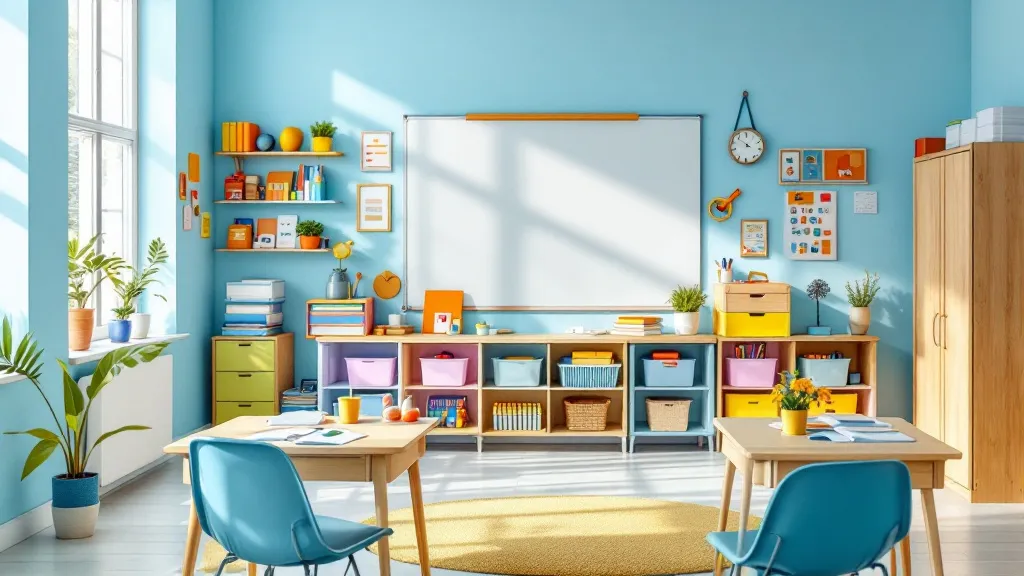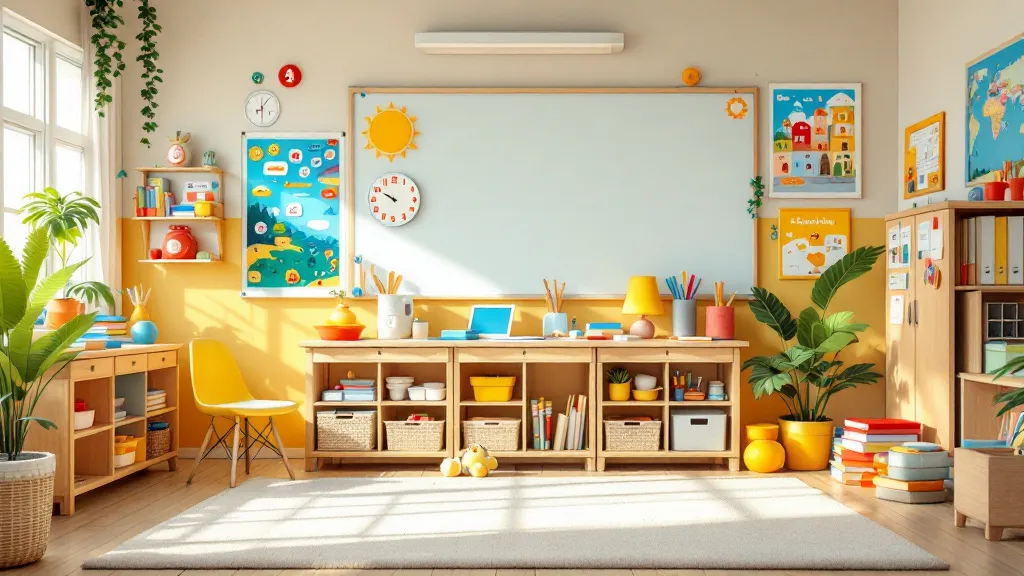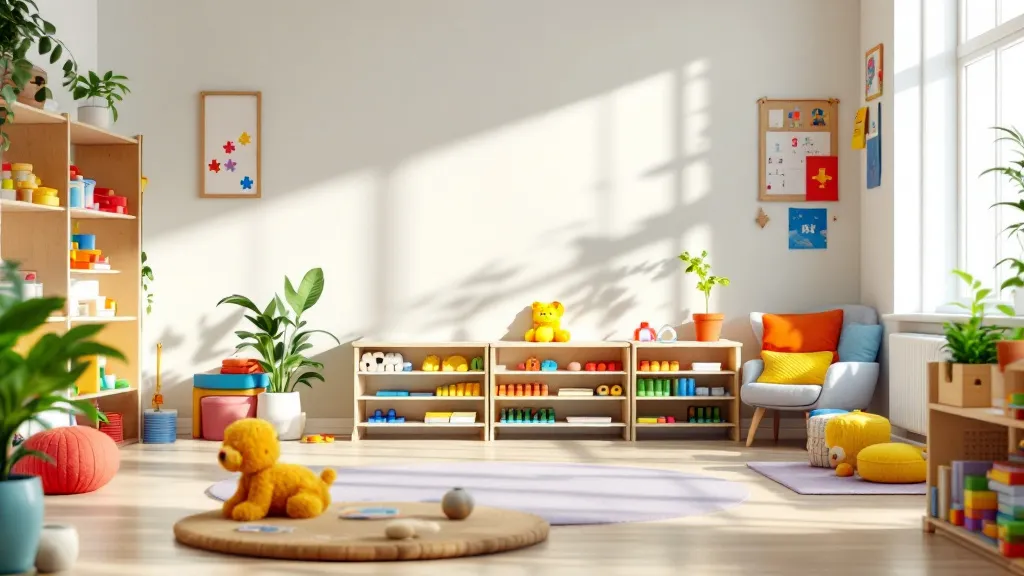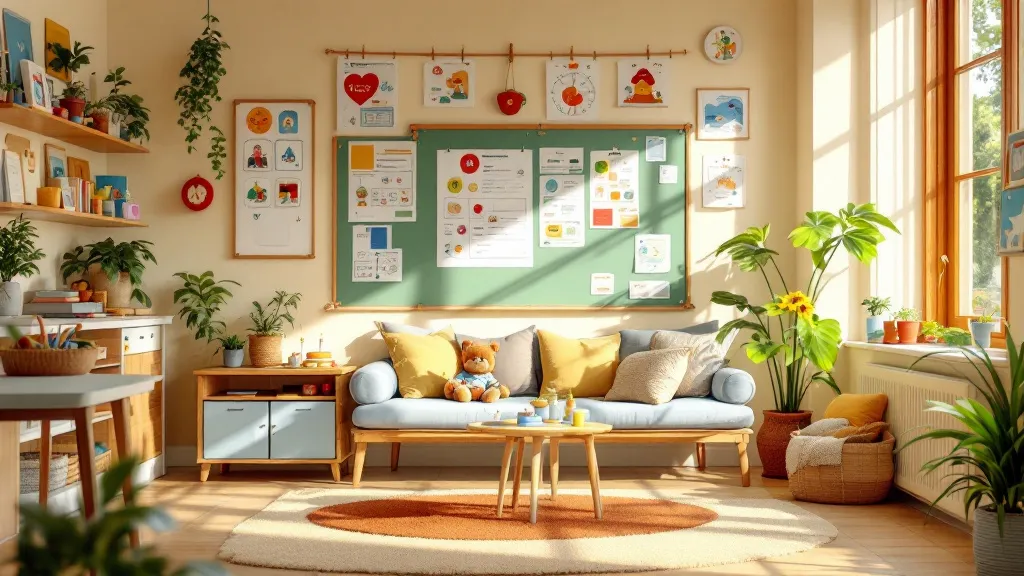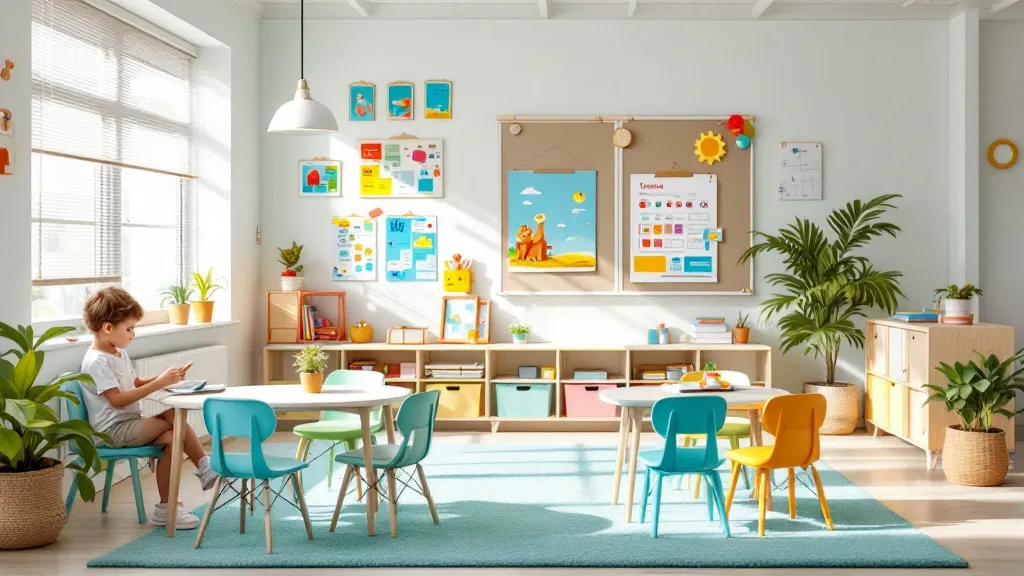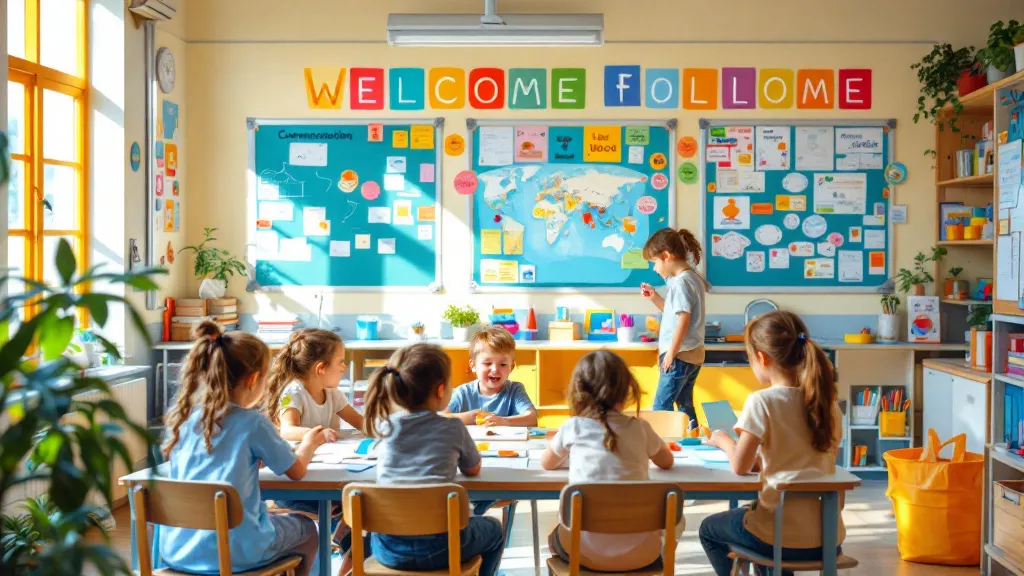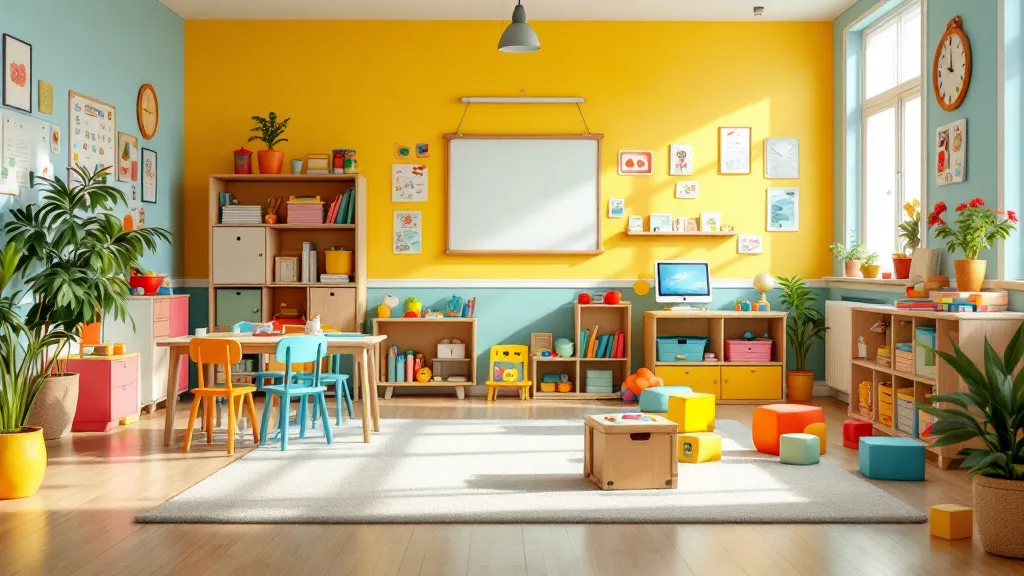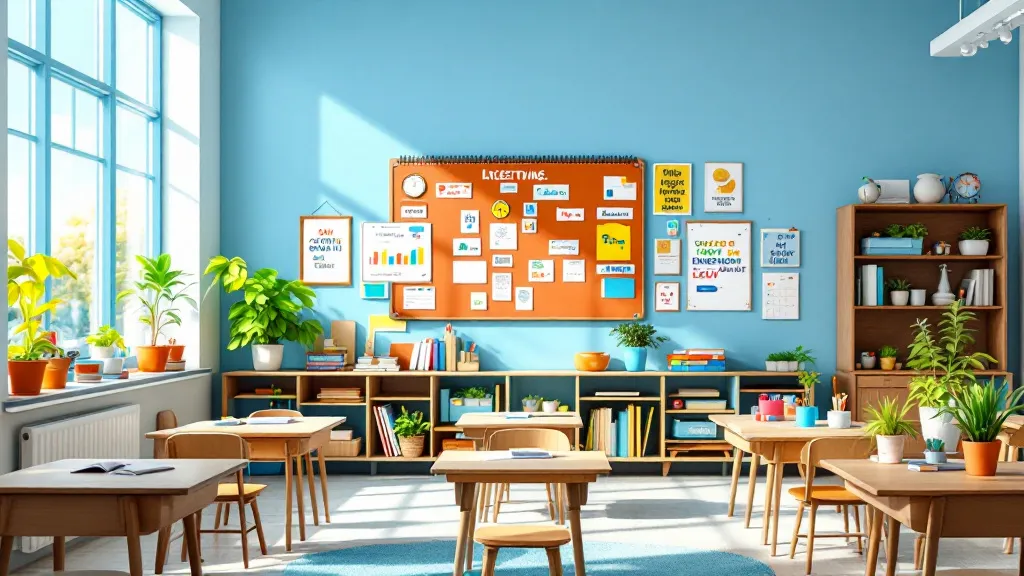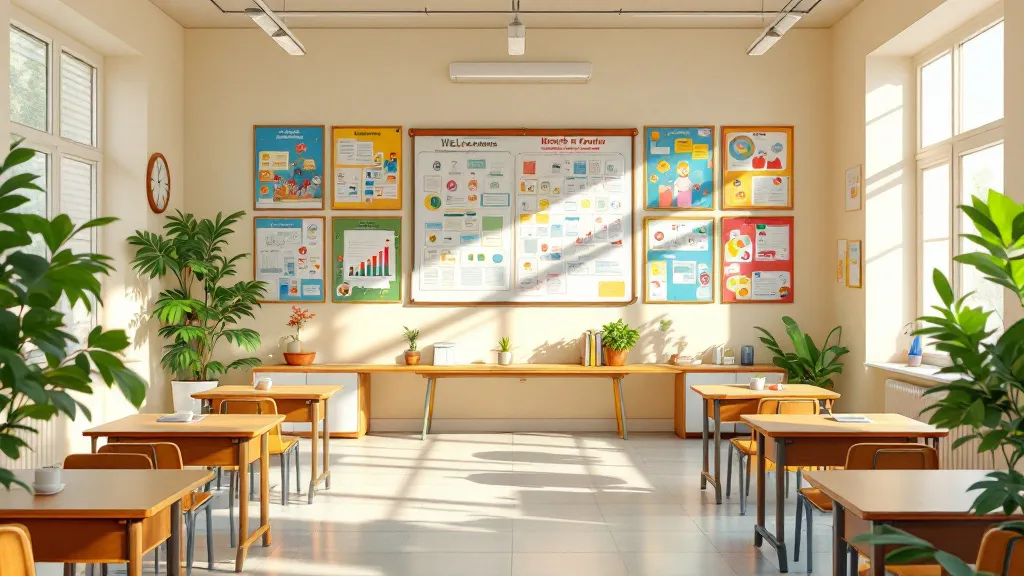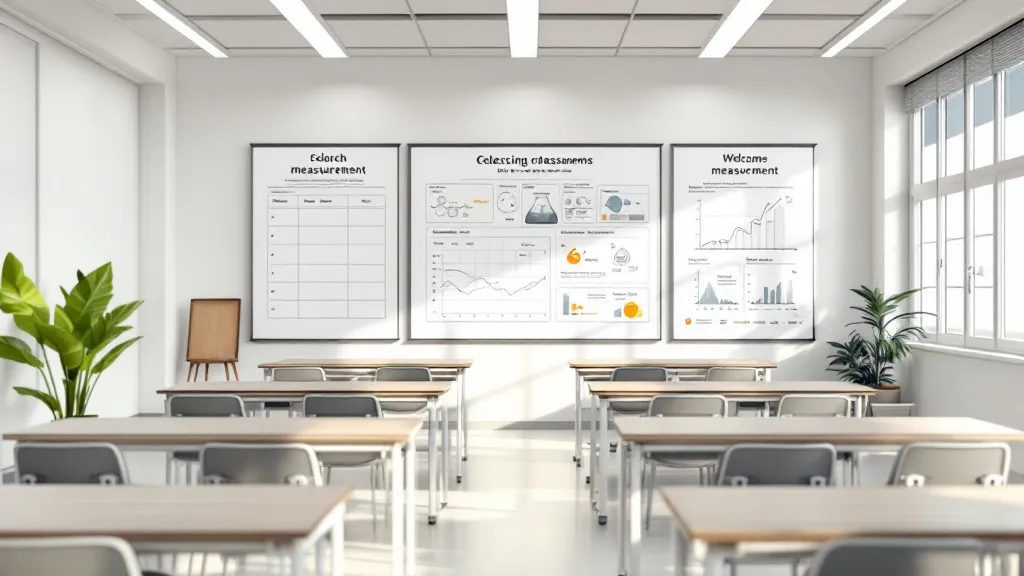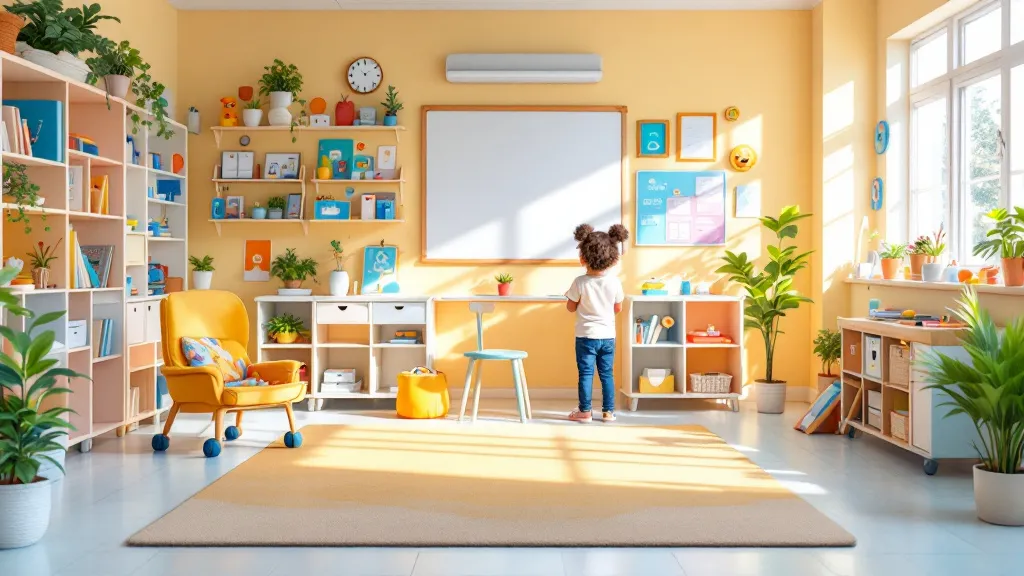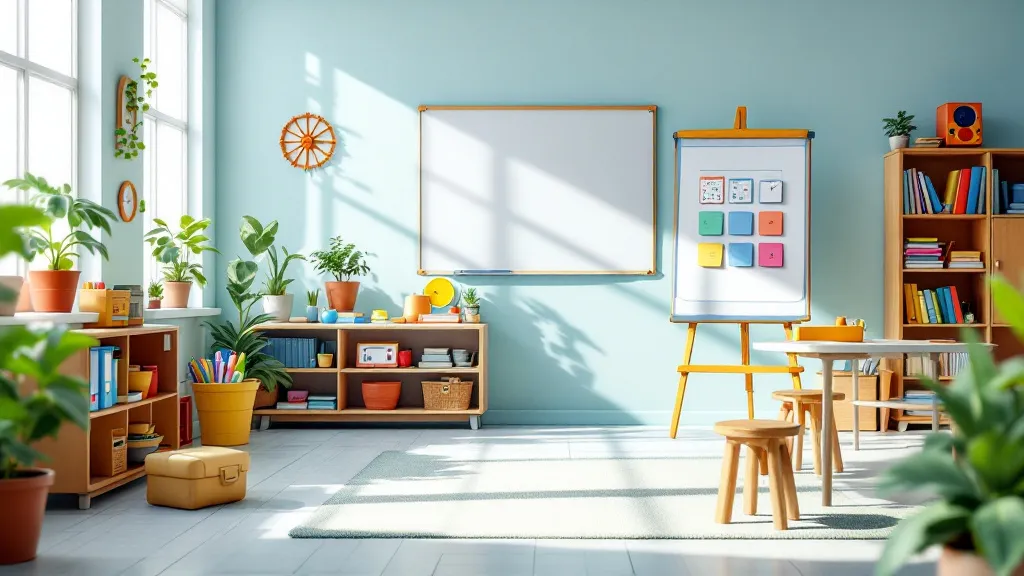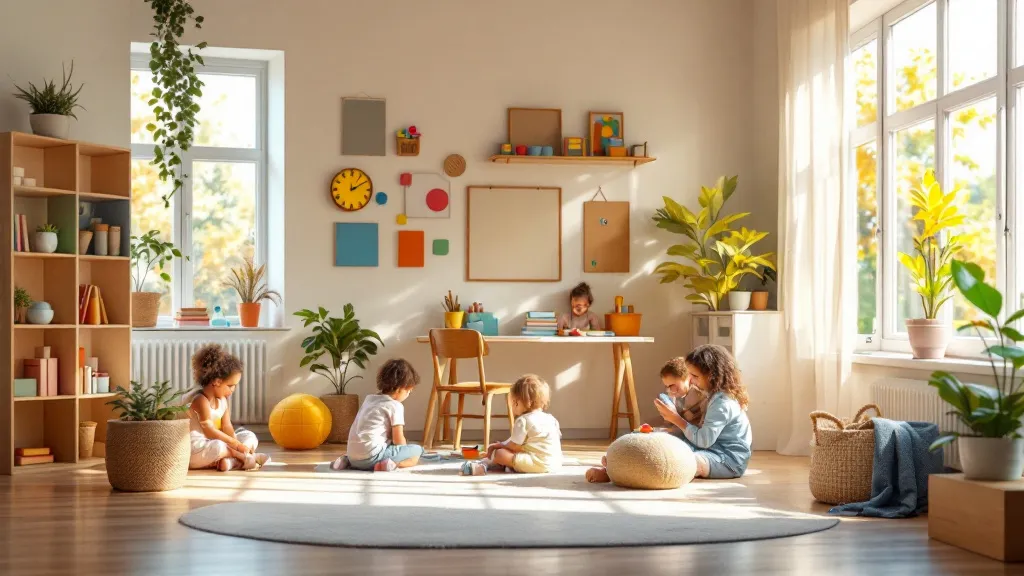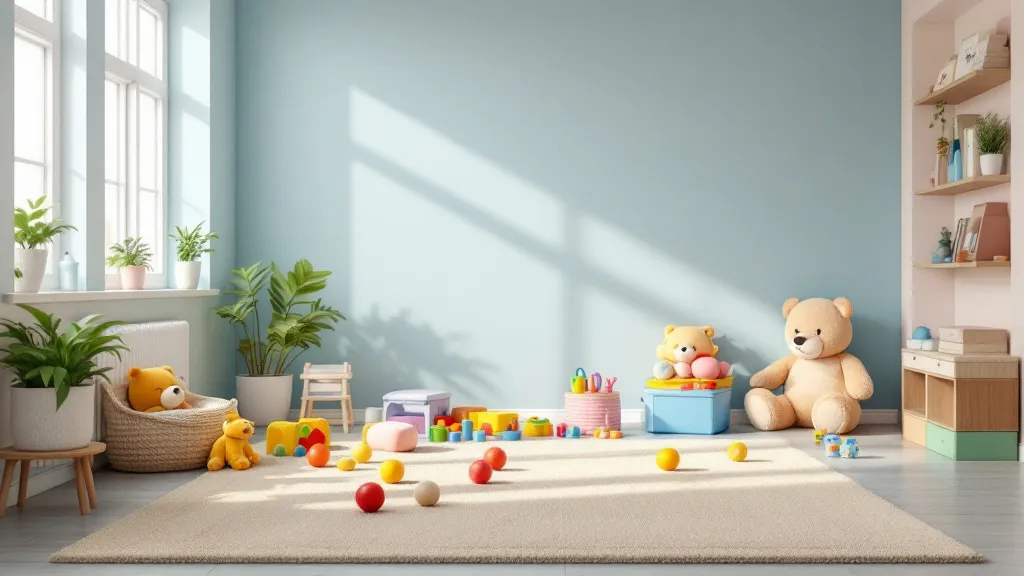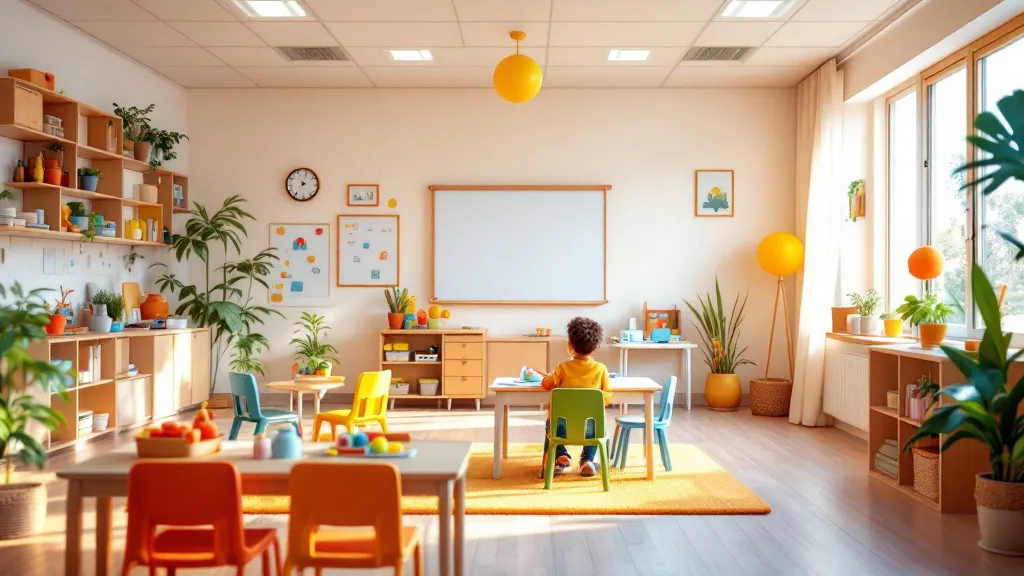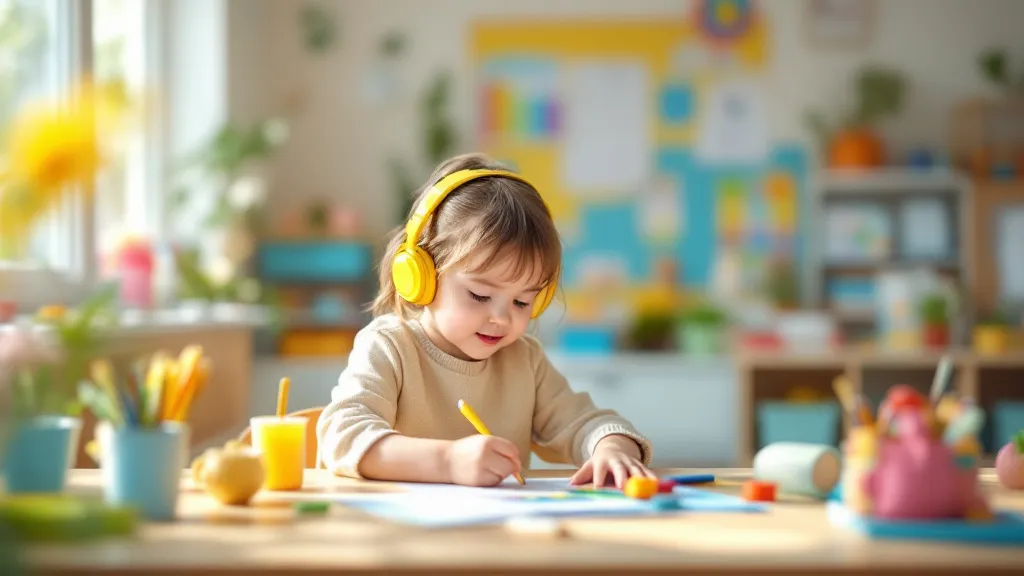The Role of Collaboration Between Parents and ABA Therapists
Enhancing Child Outcomes Through Effective Parent-Therapist Partnerships
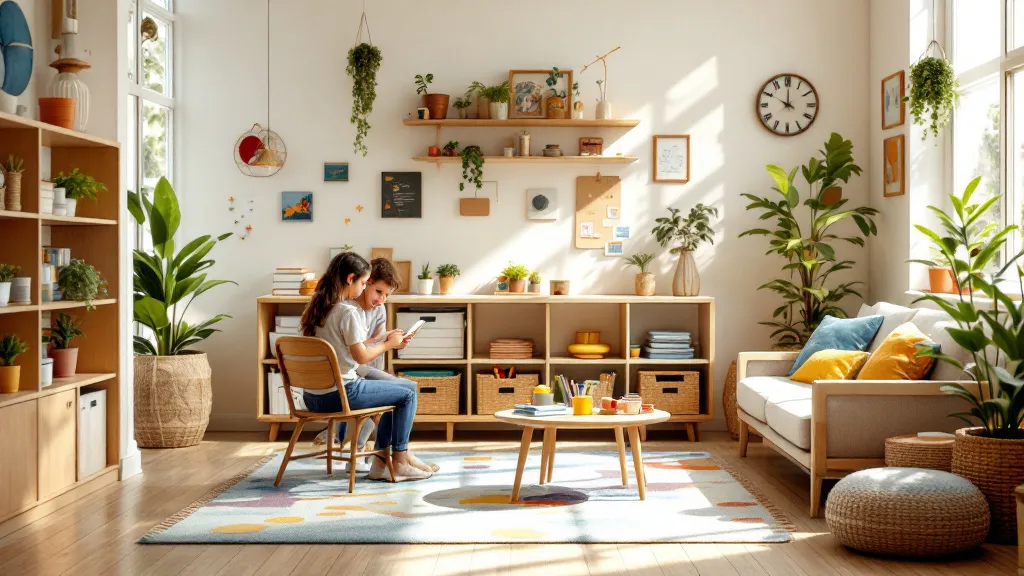
Setting the Foundation for Successful ABA Therapy
Collaboration between parents and ABA therapists is a cornerstone of effective intervention for children with autism spectrum disorder. When parents and professionals work together harmoniously, they create a supportive, consistent environment that fosters sustainable behavioral and developmental improvements. This article explores the critical components of successful collaboration, strategies to strengthen partnerships, and the benefits they garner for children's growth.
Building Strong Parent-Therapist Relationships for Optimal Outcomes

Why is parental involvement important in ABA therapy?
Parental involvement plays a crucial role in the success of ABA therapy. When parents actively participate, they can reinforce therapeutic strategies at home, creating consistency that reinforces learning and accelerates progress.
A collaborative approach allows strategies used during therapy sessions to be continued in everyday routines, helping children generalize skills across different environments. This involvement empowers parents with knowledge and confidence, making them active partners in their child's development.
Research from the Journal of Applied Behavior Analysis highlights that children with consistent reinforcement from parents tend to generalize communication skills more successfully. Moreover, increased parental engagement correlates with faster progress in building essential life skills.
Parents who attend training sessions, observe therapy, and implement techniques in daily life help ensure the child's progress is sustained outside clinical settings. Such partnership enhances behavior management and promotes a supportive, stable environment.
Overall, parental involvement isn't just an add-on but a core element that enriches therapy outcomes, nurturing a child's growth, independence, and well-being.
Empowering Parents Through Education and Active Participation

How can parents support and reinforce therapy outcomes at home?
Parents play a crucial role in extending the benefits of ABA therapy beyond sessions. By consistently applying the strategies learned from their child's therapists, they can reinforce positive behaviors and facilitate skill acquisition.
Implementing techniques such as prompting and shaping, utilizing visual supports, and maintaining a predictable daily routine helps children understand expectations and encourages learning. Using positive reinforcement methods, like praise or rewards, motivates children to repeat desirable behaviors.
Parents should also monitor their child's progress by collecting simple data and sharing observations with therapists. This ongoing communication makes it easier to adjust strategies for better results.
Involving family members ensures that the child's environment remains consistent, further promoting skill generalization. Embedding ABA techniques into everyday activities, such as communicating, playing, and socializing, helps children apply skills in real-world situations.
Creating a calm, structured, and supportive environment can reduce the occurrence of challenging behaviors and foster emotional regulation. Overall, active parental involvement enhances therapy efficacy, accelerates progress, and builds a resilient foundation for the child's development.
The Roles and Responsibilities of Parents and ABA Therapists

What are the roles of parents and ABA therapists in the therapeutic process?
Parents and ABA therapists play complementary roles in supporting a child's development. Therapists, including Registered Behavior Technicians (RBTs) and Board Certified Behavior Analysts (BCBAs), are responsible for designing and implementing targeted interventions tailored to the child's needs. They conduct assessments, develop specific strategies, and adjust plans based on ongoing progress.
Parents, on the other hand, serve as essential partners by reinforcing therapy strategies at home. Their active involvement helps extend the effects of therapy beyond clinical sessions, fostering consistency and promoting the generalization of skills across different environments.
A collaborative approach ensures that strategies used in therapy are also practiced in everyday routines, creating a seamless learning experience for the child. Parents can support progress by monitoring behaviors, practicing routines, and maintaining regular communication with therapists. Educating themselves about ABA principles and actively participating in sessions empowers them to effectively support their child's unique growth.
Overall, building a strong partnership between parents and therapists is crucial. It leads to more effective interventions, faster progress, and better behavioral outcomes for the child, creating a nurturing environment that favors holistic development.
Effective Communication as the Cornerstone of Collaboration

What effective communication strategies facilitate better collaboration between parents and ABA therapists?
Building a strong partnership between parents and ABA therapists is vital for supporting a child's development. Effective communication serves as the foundation of this collaboration.
Regular updates through scheduled meetings, phone calls, or emails ensure that both parties stay informed about the child's progress. Many organizations also promote the use of communication logs or apps that allow parents and therapists to share daily observations conveniently.
Utilizing technology, such as video conferencing and visual aids, can enhance understanding and demonstrate techniques in real-time. These tools make it easier for parents to observe therapy sessions and clarify any doubts.
Active listening is crucial. When parents and therapists listen to each other attentively, it fosters a sense of validation and respect. Using clear, simple language helps prevent misunderstandings and ensures that parents comprehend therapy strategies.
Sharing observations and providing feedback creates a two-way dialogue that is essential for ongoing adjustments to the intervention plan. When parents report on their child's responses at home, therapists can tailor strategies more effectively.
Transparency and empathy are integral. By openly discussing concerns, progress, and setbacks, both sides build trust. Recognizing cultural differences and showing genuine understanding uplift the collaborative spirit.
Parents are encouraged to ask questions and seek guidance as needed. Effective communication also includes providing parents with training and resources that empower them to reinforce skills at home.
In summary, consistent, honest, and respectful exchanges—coupled with the use of modern tools—are effective strategies that deepen collaboration. This engagement not only boosts the child's progress but also nurtures a supportive team environment.
The Impact of Collaboration on Child Development and Long-term Success

How does collaboration between parents and ABA therapists influence a child's development and therapy success?
Creating a strong partnership between parents and ABA therapists plays a vital role in a child's development and the overall success of therapy. When parents and therapists work together, strategies used during sessions are reinforced at home, making the therapy more consistent and effective.
Active parent involvement helps ensure that behaviors and skills taught in therapy are practiced in everyday situations. This reinforcement supports skill generalization, an essential factor for lasting progress. Parents who participate in training, observe sessions, and follow through with strategies help their children apply learned skills in real-world environments.
Open and honest communication between parents and therapists builds trust and allows for personalized adjustments to treatment plans. Sharing insights and progress updates enables therapists to tailor interventions to fit the child's evolving needs.
Moreover, collaborative goal setting encourages parents to voice their observations and preferences, leading to strategies that align with family routines and priorities. This shared effort creates a positive, motivating atmosphere for the child, fostering behavioral improvements and social development.
Ultimately, when parents and ABA professionals partner proactively, the child benefits from a consistent, supportive environment. This alignment not only accelerates progress but also builds a foundation for sustained development, improved communication skills, and better behavior management well beyond the clinical setting.
Fostering a Collaborative Path to Success
The symbiotic relationship between parents and ABA therapists is vital for maximizing therapy outcomes and supporting holistic child development. Maintaining open communication, mutual respect, and active participation creates a cohesive environment in which children can thrive. As research consistently indicates, parental involvement accelerates learning, promotes generalization, and sustains behavioral gains long-term. Embracing a partnership approach not only benefits the child but also empowers families, helping them become confident advocates and active contributors to their child's journey towards independence and well-being. Building and nurturing these collaborative bonds is, therefore, an essential investment towards fostering meaningful, lasting change.
References
- Strong and Effective Relationships with Parents and Therapists
- Impact of ABA Therapy: The Key Role of Parental Involvement
- How Do Parents Participate in ABA Therapy Sessions?
- The Role of Parent Involvement in ABA Therapy Success
- Do Parents Stay in ABA Therapy?
- Effective Collaboration Between Parents and BCBAs - Journey ABA
- The Role of Caregiver Involvement in ABA Therapy
- Parent Involvement in ABA Therapy - The Autism Clinic at HOPE
- The Role of Family in ABA Therapy: Tips for Parents
Does Your Child Have An Autism Diagnosis?
Learn More About How ABA Therapy Can Help
Find More Articles
Contact us
North Carolina, Nevada, Utah, Virginia
New Hampshire, Maine
Arizona, Colorado, Georgia, New Mexico, Oklahoma, Texas
.avif)





